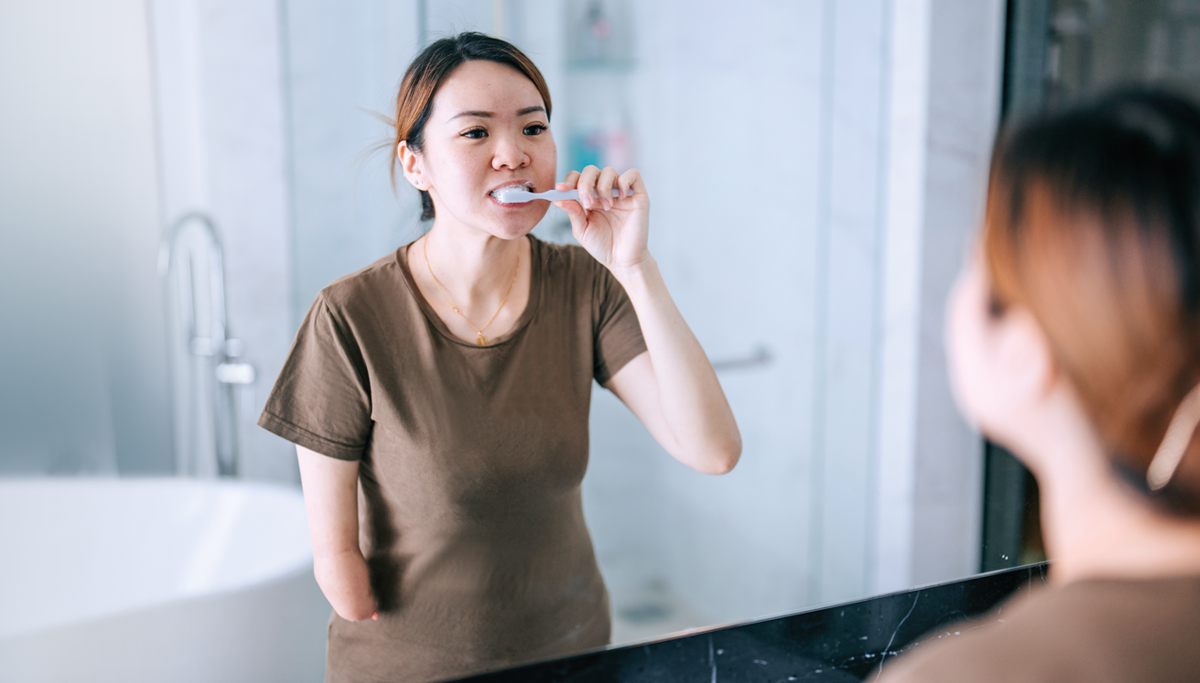What are alternative toothpastes?
Like many products these days, shopping for toothpaste involves evaluating a variety of options. But which choice is the right one for you? Let’s take a look at a few trending options.
Types of toothpastes
Traditional fluoride toothpaste
Most toothpastes fall under this category. Benefits of fluoride toothpaste include:
- Stronger enamel
- Reduced bacteria
- Decreased cavity risk
- Reversing early stages of tooth decay
Charcoal toothpaste
There are two big downsides to this choice. First, charcoal can be abrasive and wear down your enamel. Second, most charcoal toothpastes don’t contain fluoride.
Toothpaste tablets
These travel-friendly tablets naturally break down in your mouth when mixed with water or saliva. Then, you brush as normal. If you’re interested, talk to your dentist and find a brand with enough fluoride.
Organic and natural toothpastes
These toothpastes are made from all-natural ingredients and don’t typically include any preservatives, additives, artificial sweeteners or colors, or synthetic flavors and fragrances.
The main thing to consider with organic and natural options is that they may not contain fluoride, which is necessary to strengthen tooth enamel and battle tooth decay.
Hydroxyapatite toothpaste
Hydroxyapatite toothpaste is a newer trend and a safe, non-toxic alternative to fluoride that also protects your enamel. Fluoride remains an essential ingredient to look for in a toothpaste, though — if you do make the change to hydroxyapatite, choose an option that includes fluoride.
What’s the right choice for you?
The truth is that it depends on your preferences and personal oral health. Toothpaste with fluoride is key to preventing cavities and keeping your smile healthy and clean. Before switching to an alternative option, speak with your dentist about what’s best for your smile.
The lesser-known benefits of brushing
Brushing your teeth is important for maintaining your oral health, but did you know this habit can contribute to a healthier heart and lungs?
Don’t follow the fad: stay safe from these 5 unsafe trends
From flossing with your hair to closing gaps in your smile with rubber bands, these 5 fads may seem like harmless ideas, but they can hurt!
Sugar cravings: conquering a sweet addiction
There’s one easy reason we crave sugar: sweet foods taste good. But our body is also programmed to like sugar.






